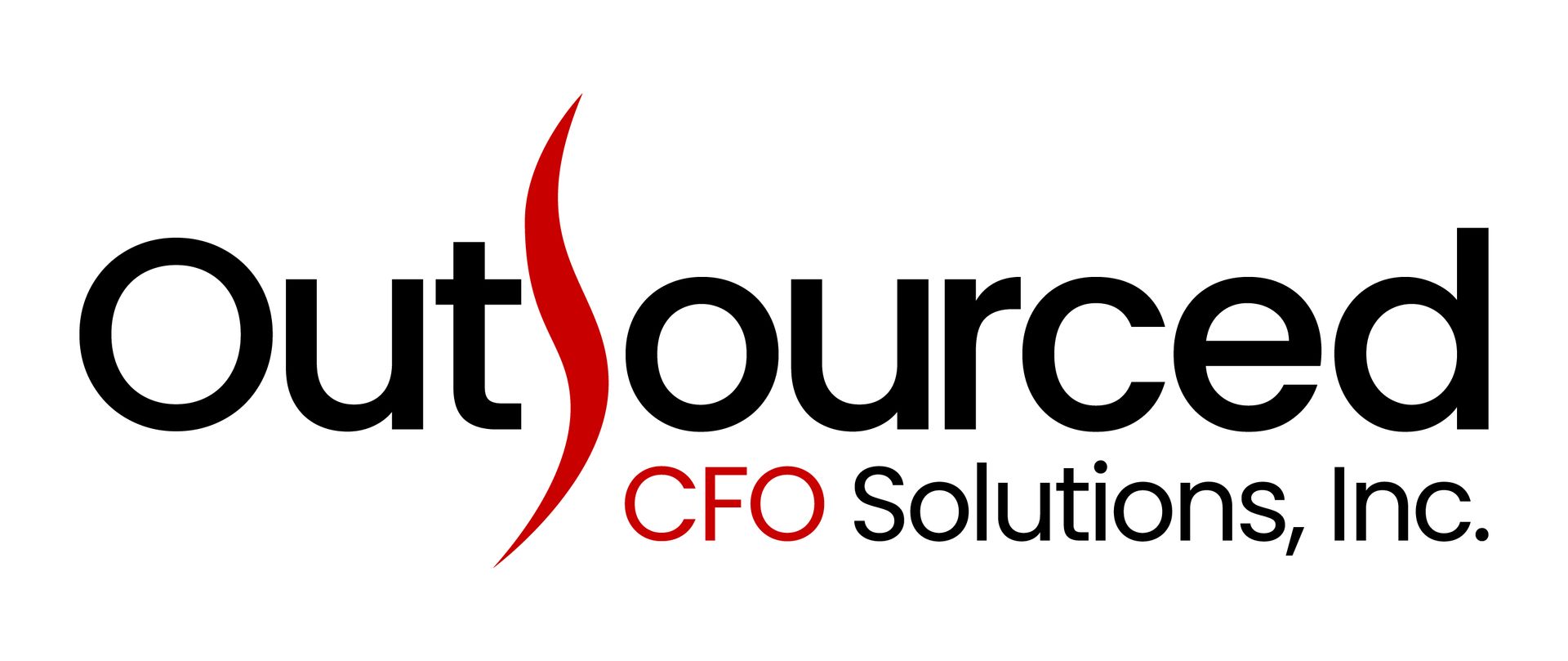What is Beneficial Ownership Information (BOI) and When Did Filing Become Required?
Understanding and Navigating the New Reporting Requirements for Small Businesses and Entities under the Corporate Transparency Act
As of January 1, 2024, the Corporate Transparency Act (CTA) mandates that certain entities, including many small businesses, report information about their beneficial owners to the Financial Crimes Enforcement Network (FinCEN), a bureau of the U.S. Department of the Treasury. This new federal law aims to enhance transparency, financial accountability, and integrity within the business sector.
What is Beneficial Ownership Information (BOI)?
BOI refers to personal data that identifies individuals who ultimately own or control a company. The purpose of this requirement is to shed light on the true owners of businesses, ensuring that operations are transparent and accountable.
Who Needs to File BOI?
Most corporations, limited liability companies (LLCs), and similar entities must disclose their beneficial owners. Here’s a quick overview:
A Beneficial Owner is Any Individual Who:
- Exercises substantial control over a reporting company; or
- Owns or controls at least 25% of the ownership interests of a reporting company.
A Reporting Company Includes:
- Corporations: Domestic and foreign corporations operating within the U.S.
- LLCs: Domestic and foreign limited liability companies.
- Partnerships and Trusts: Certain partnerships and trusts, depending on jurisdictional regulations.
- Non-Profits: Some non-profits may also need to comply based on their structure and operations.
Steps to Navigate BOI Filing
- Identify Beneficial Owners: Determine who the beneficial owners of your company are. This typically includes individuals who directly or indirectly own 25% or more of the company or have significant control over it.
- Gather Required Information: Collect essential details such as names, addresses, dates of birth, copies of valid IDs, and social security numbers for each beneficial owner.
- Complete the BOI Form: Fill out the necessary BOI forms as mandated, available on the FinCEN website. Ensure all information is accurate and up to date.
- Submit Timely: File your BOI forms within the stipulated deadlines to avoid penalties. Keep copies of your filed BOI reports for your records.
- Stay Updated: BOI regulations can change, so stay informed about any updates or amendments to ensure ongoing compliance.
Reach Out for Expert Assistance
Navigating BOI requirements can be complex, but you don’t have to do it alone. At Outsourced CFO Solutions, Inc., our team of experienced tax professionals is here to guide you through every step of the process. We offer personalized assistance to ensure your BOI filings are accurate and timely, allowing you to focus on growing your business.
Let us simplify your filing process by breaking down the essentials of BOI for you.
Contact us today for further assistance or fill out this brief questionnaire (less than 2 minutes), and we’ll reach out to you with the next steps.



